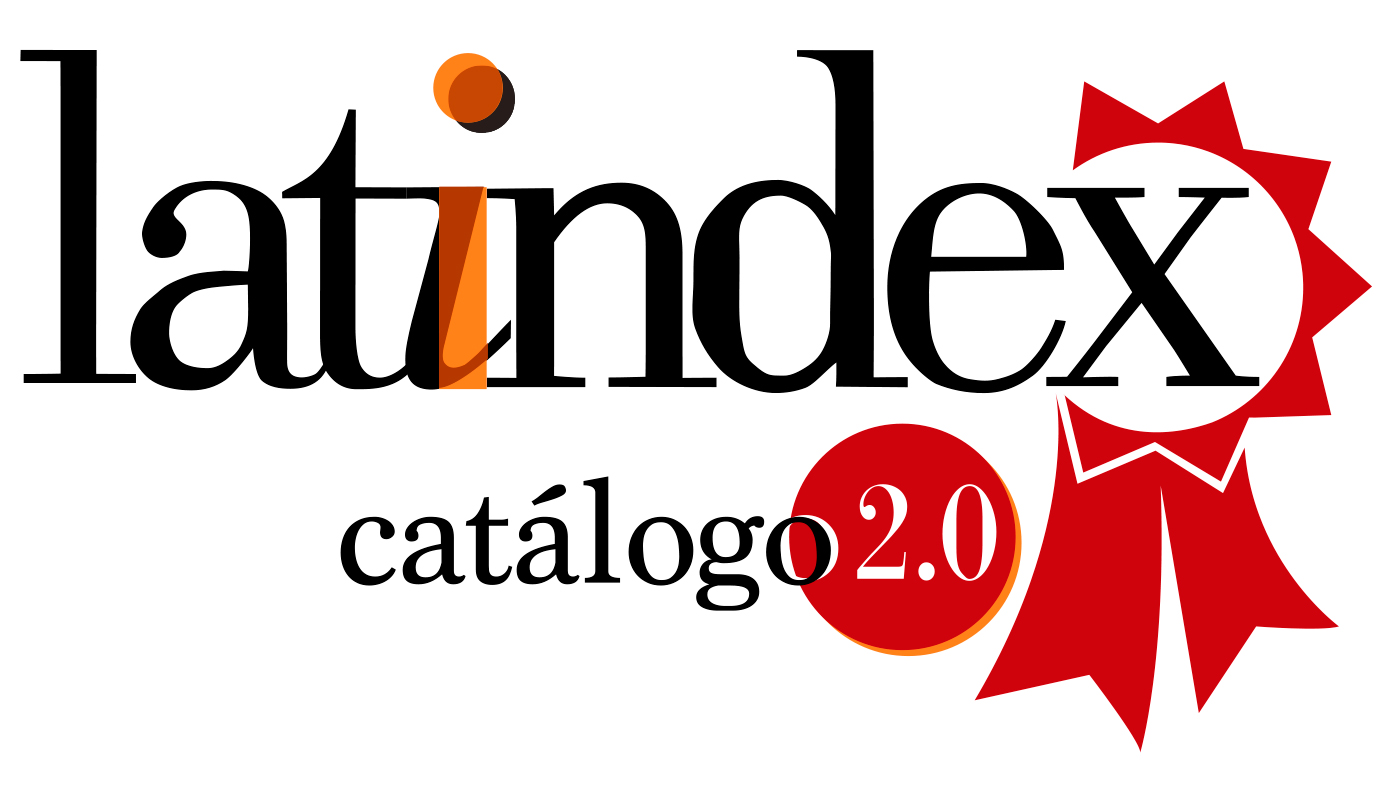
Orientalism is not merely a "school of thought." As the texts of this dossier will demonstrate, it is one of the epistemic foundations of a particular way of seeing the world, of existing and establishing relations of power and domination, and, consequently, of a way of doing philosophy: that of heteronomous Western philosophy. The relationship between this Western philosophy and Orientalism is complex and profound yet, more often than not, invisible. Orientalism is not simply a field of study but an ideological construct that has justified Western dominance and its supposed "civilizing mission" since the beginning of modernity, with its corresponding political, economic, and military consequences.
The texts in this dossier explore, from an interdisciplinary perspective, the implications of Orientalism for the philosophical, spiritual, and cultural contributions of Islamic territories, focusing on at least two key areas: gender and intellectual-philosophical contributions. Centered on these two areas, the dossier's texts examine how Orientalism, as a mechanism of power, has distorted the perception of these contributions, reducing them to rigid essentialisms and negative prejudices that sever the possibility of dialogue and recognition. Furthermore, the dossier reflects on how Orientalist Western feminism perpetuates the image of the Muslim woman as inherently oppressed, ignoring her agency, the diversities of gender within Islamic territories, and the multiplicity of interpretations of the Islamic faith that challenge the binary vision imposed by colonialism and Western modernity.
We believe this dossier contributes to the effort to open interdisciplinary, critical, and decolonial dialogues that allow philosophy to nourish from those spaces that have historically been oppressed and silenced, and to decentralize itself, as is necessary, from an obsolete Eurocentric solipsism. We invite you to enjoy the dossier.
Thank you for your interest.
Tzitzi Janik Rojas Torres
Guest editor




